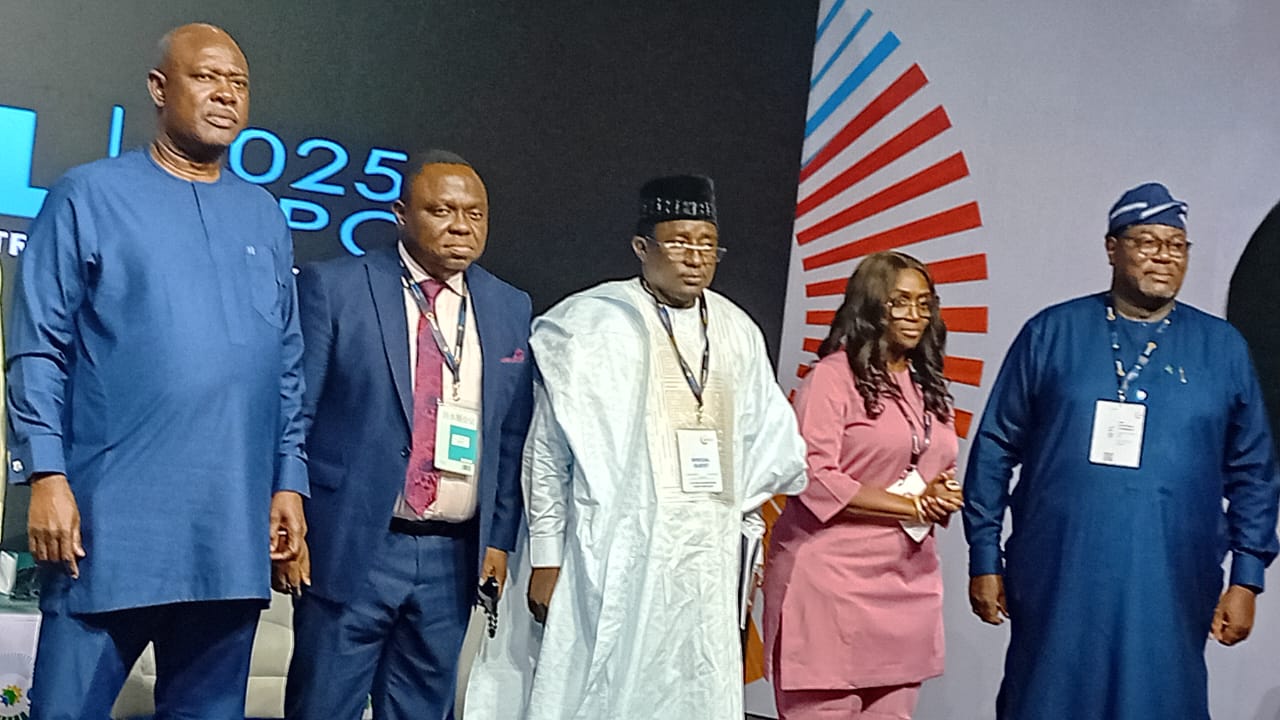Copyright newtelegraphng

The Federal Government has promised to support the realisation of the plan of the President of Dangote Industries Limited, Aliko Dangote, to expand the Dangote Petroleum Refinery from 650,000 barrels per day (bpd) to 1.4 million bpd. FG also promised to assist other refineries to become operational or refine more to make Nigeria a refining hub in Africa and ensure accessible and affordable petroleum products in the country. Minister of State of Petroleum Resources, Oil, Senator Heineken Lokpobiri, who represented President Bola Tinubu, stated these on Monday during the opening session of the Oil Trading and Logistics (OTL) Africa Downstream Energy Week 2025 in Lagos. The theme of the summit is: “Energy Sustainability: Growth Beyond Boundaries and Competition.” Lagos State Governor, Mr Babajide Sanwo-Olu, represented by the state’s Commissioner of Energy and Mineral Resources, Biodun Ogunleye, said OTL Africa and other platforms like it bring together policymakers, regulators, investors, and innovators to create a sustainable and thriving energy future. He said: “For nearly 20 years, OTL African has stood as the continent’s leading platform for the discussion of downstream and upstream energy, showcasing the technology, and fostering business cooperation. We, in Lagos, take pride in hosting this global event. “This has found a home in our city for nearly every edition since it began. This last week, I mentioned Lagos as the energy capital of sub-Saharan Africa, a true hub of innovation, enterprise, and strategic investment. The journey of OTL African has a great impact and forward-looking results. “Over the years, this platform has played a crucial role in shaping the agenda for downstream developments across Africa, sparking reforms, attracting investment, and fostering discussions that led to ongoing sustainable change.” Chief Executive Officer, OTL Downstream Development in Africa Ltd/Gte, Mrs Joycee Akabogu, said the conference may be a spark of new opportunities for Lagos, Nigeria and for Africa. She said the gathering brings to memory the strength of their community, a community driven by innovation, resilience, and a shared belief that Nigeria, and indeed Africa, can and must define its own energy future. She said: “This year’s theme, ‘Energy Sustainability Growth Beyond Boundaries and Competition,’ captured that vision perfectly. According to her, this is because for Africa, sustainability is not a choice between one energy source and another. “It is about creating balance in our energy mix, a mix that includes oil, gas, renewables, and emerging technologies, all working together to power growth, expand access, and uplift lives. “Our challenge is not simply to supply energy, but to make it affordable, reliable, and accessible to every community. To make energy an instrument of progress and privilege. “And nowhere is this more visible than in the downstream spectrum. This is where energy meets the people, where policy becomes reality, where the effectiveness of governance, good or bad, is experienced every single day, at the forefront, in transportation, in power availability, and in the productivity of our economy. “When the downstream works well, citizens feel it. When it doesn’t, the nation feels it too. That is why this sector must continue to stay at the centre of Africa’s growth strategy.” Chairman, OTL, Africa Downstream Energy Week Advisory Board, Otunba Adetunji Oyebanji, said the gathering each year serves as a bridge between policy and practice. He added that it is a meeting point for thought leaders, regulators, operators, investors, and innovators committed to building a strong and sustainable future for Africa’s downstream energy sector. He said, “I think for this year, ‘Energy Sustainability, Growth Beyond Boundaries and Competition,’ is both timely and visionary. “It reflects the realities of today’s energy landscape, one defined by volatility, innovation, and transformation and challenges us to seek growth that is sustainable, inclusive, and equitable. “The global energy industry is once again at an inflexion point. Across continents, shifting geopolitical tensions continue to influence production, pricing, and supply chains.”



